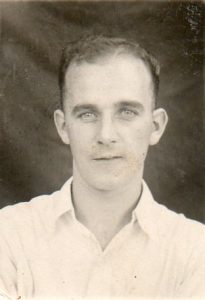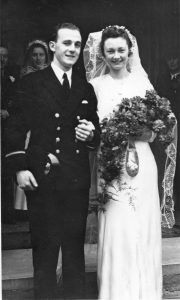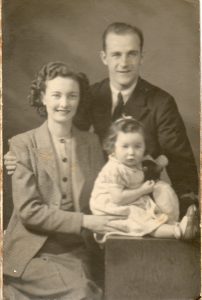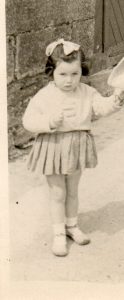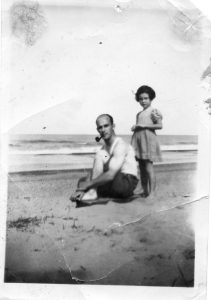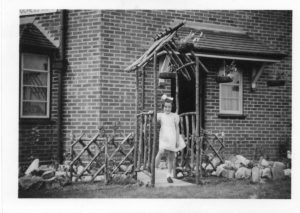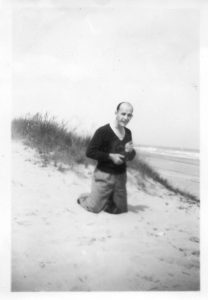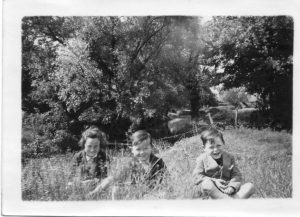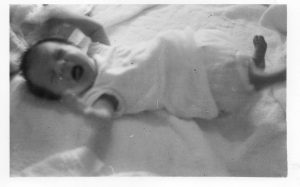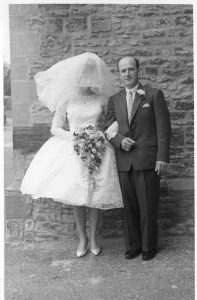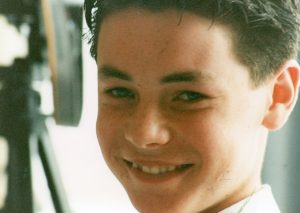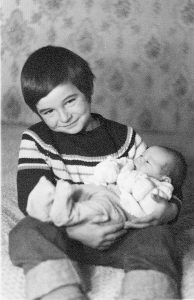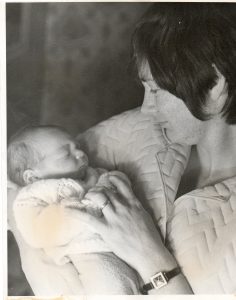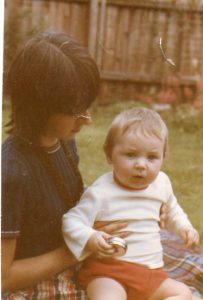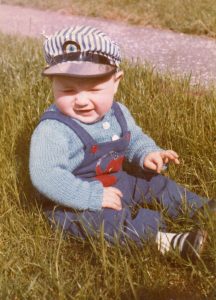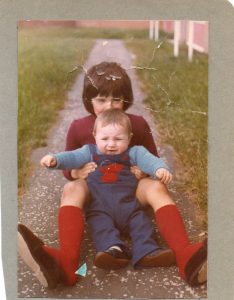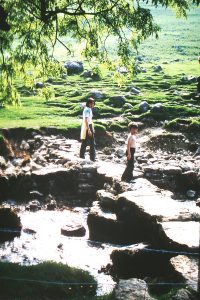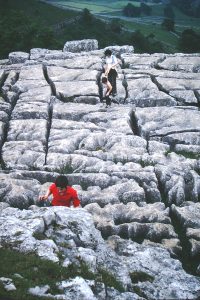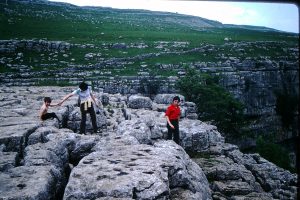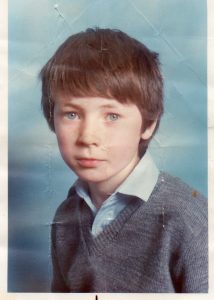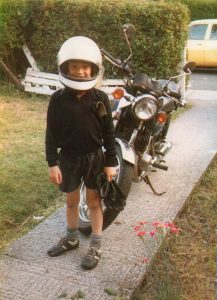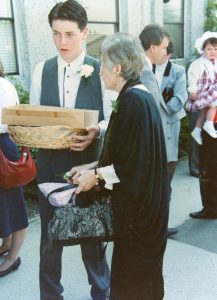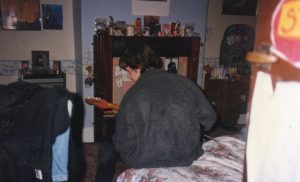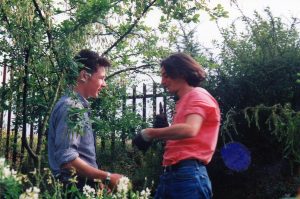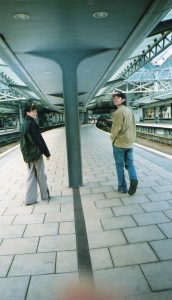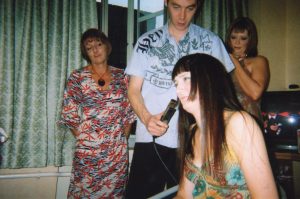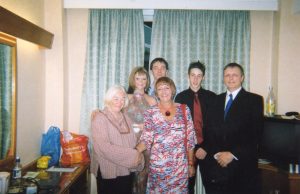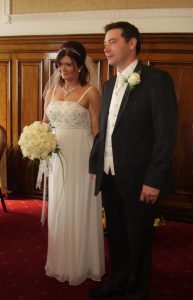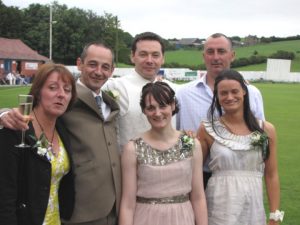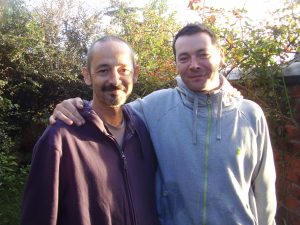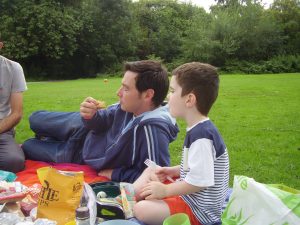“Those men that in their writings are most wise
Own nothing but their blind, stupefied hearts.”
In ‘The Wild Swans at Coole’, Mr. Yeats begins to remove his embroidery-covered coat, although at times it feels never to be completely out of reach. The phase of social ‘Responsibilities’ has passed and the poems have become more reflective and nourished by notions of fundamental truths.This book has a variety of characteristics of theme, but the style is stamped with Yeats’ personal belief – expressed in “The Letters of W. B. Yeats” :
” I believe more strongly every day that the element of strength in poetic language is common idiom.”
From the variety of themes in this book, there emerge some of those symbols with which Yeats bridges, in later poems, vast expanses of human experience and all those things which lie beyond this life. In 1901, Yeats wrote: “Anyone who has any experience of any mystical state of the soul knows that there float up in the mind profound symbols, whose meaning, if indeed they do not delude one into the dream that they are meaningless, one does not perhaps understand for years. Nor, I think, has anyone who has known that experience with any constancy, failed to find some day, in some old book or on some old monument, a strange or intricate image, that has floated up before him, and to grow perhaps dizzy with the sudden conviction that our little memories are but a part of some great memory, that renews the world and men’s thoughts age after age, and that our thoughts are not, as we suppose, the deep – but a little foam upon the deep.”
In the title poem, the wild swans in Coole Park represent for Yeats a timelessness. After nineteen years in which he has heard and observed them:
“…Unwearied still, lover by lover,
They paddle in the cold
Companionable streams or climb the air;
Their hearts have not grown old;
Passion or conquest, wander where they will
Attend upon them still.”
Later, the swan comes to be the image Yeats uses to represent the solitary soul – and there is something other-worldly suggested here when he combines “cold” with “companionable” and says they “climb the air”, whilst repeating images of flight and movement with words like “wings”, “flown”, “scatter”, “wander” and “drift”.
‘In Memory of Major Robert Gregory’ is where Yeats remembers Robert Gregory, son of Lady Gregory, whose estate was Coole Park and he also brings to mind other friends who have died. John Synge, George Pollexfen and others become symbols to Yeats, of those qualities for which he and other men most admired them – but Robert Gregory means more than this. The poem is a formal structure with twelve stanzas of eight lines and a regular rhyme scheme. It has a meditative flavour to it and closes abruptly:
“…I had thought, seeing how bitter is that wind
That shakes the shutter, to have brought to mind
All those that mankind tried or childhood loved
Or boyish intellect approved,
With some appropriate commentary on each;
Until imagination brought
A fitter welcome; but a thought
Of that late death took all my heart for speech.”
If he intended to write more, the suggestion contrasts strongly with his refusal to do so. The last lines are both sign and symbol, for by removing his personal part as poet from the elegy, Yeats elevates Robert Gregory to a symbol of the dignity of man. He represents all that life or ‘living’ should mean to the poet. (Yeats’ word is “labour” – which he uses in ‘Among Schoolchildren’).
Later in the book, in “Shepherd and Goatherd”, the poet continues the process of ennobling in the same simple manner:
Goatherd: “How does she bear her grief? There is not a shepherd
But grows more gentle when he speaks her name,
Remembering kindness done, and how can I,
That found when I had neither goat nor grazing
New welcome and old wisdom at her fire
Till winter blasts were gone, but speak of her
Even before his children and his wife?”
Shepherd: “She goes about her house erect and calm
Between the pantry and the linen-chest,
Or else at meadow or at grazing overlooks
Her labouring men, as though her darling lived,
But for her grandson now; there is no change
But such as I have seen upon her face
Watching our shepherd sports at harvest time
When her son’s turn was over!”
In the poem entitled “Her Praise” the poet speaks of how he longs to hear other men praising a woman he loves – her place in cyclic and historic time is drawn by him:
“…If there be rags enough he will know her name
And be well pleased remembering it, for in the old days
Though she had young men’s praise and old men’s blame,
Among the poor both old and young gave her praise.”
In “The Collarbone of a Hare” there is a distinct return to the folklore and mythology of the earlier poems. Here, Yeats as a spirit, recognising the need for self-realisation and individual fulfilment, laughs “…at all who marry in churches…”. Marriage raises some threats and is so trivial.
Another spirit, this time in the form of Billy Byrne the beggar, discovers near the ancient Round Tower at Glendalough that being rich does not bring peace of mind. Yeats’ musical repetition enhances the “prancing” of the “golden king and silver lady” who, in spirit form, sing like “blackbirds”. Byrne, the beggar, human and poverty-stricken, Yeats calls “jailbird” – and no less musical is this repetition in “Under the Round Tower”.
The everyday round, the tread of the mill can be heard in “Solomon to Sheba” where the repetition of “round and pound” and “ground” and “pound” culminate in the lines
“…there’s not a thing but love can make
the world a narrow pound.”
It is in “The Wild Swans at Coole” that many of the poems give the listener a glimpse of Yeats the man growing old. The succinct bitterness of “The Living Beauty”, the lyrical repetition of the lines:
“Oh who could have foretold
That the heart grows old?”
in “A Song” and “To a Young Girl” are all poems about a man reflecting upon his youth. Some of the poems in this vein deal specifically with old age and his personal love, such as “His Phoenix”, “Broken Dreams” and “Presences” – this last one full of uncanny chill and the solitary state of the poet contrasted with his company. Two in particular are also linked to this, for they introduce the idea of the physical and the spiritual forces at work – “Men Improve with the Years” and “A Deep-Sworn Vow”:
” Others because you did not keep
That deep-sworn vow have been friends of mine;
Yet always when I look death in the face,
When I clamber to the heights of sleep,
Or when I grow excited with wine
Suddenly I meet your face.”
Yeats uses Tom O’Roughley in this book of poems to express his intense need to feel the joy of living:
‘… “An aimless joy is a pure joy”
Or so did Tom O’Roughley say
That saw the surges running by.
“And wisdom is a butterfly
And not a gloomy bird of prey”…’
The marvellous continuity of Yeats’ writing begins to be felt, for it is in living in “zigzag wantonness”, says Yeats, that will make death no more than a second wind. In “The Dawn” there is something of the same butterfly.
In “Shepherd and Goatherd” where he uses elaborate pastoral images to show a simple grief, Yeats demonstrates his understanding:
‘Goatherd: “You have put the thought in rhyme.”
Shepherd: ” …I worked all day,
And when ’twas done so little had I done
That maybe ‘I am sorry’ in plain
Had sounded better to your mountain fancy”…’
The two characters achieve a conversation late in the poem about the nature of life and death and here is the mystical Yeats revealed again:
‘Shepherd: “Sing, for it may be that your thoughts have plucked
Some medicable herb to make a grief
Less bitter…”
Goatherd: “They have brought me from that ridge
Seed pods and flowers that are not all wild poppy…”‘
Yeats himself had “…measured out the road that the soul treads…” and had “… …talked with apparitions.”
In the three short poems “The Balloon of the Mind”, “To a Squirrel at Kyle Na No” and “On Being Asked for a War Poem”, we seem to have short statements by Yeats the social-poet, nature-poet and mystic. These feel like three short exercises which flex the muscles – one metaphysical, one natural and the third political – complete in themselves and as powerful as any of the longer poetry of the book.
The variation between a measured and light metre in the poem “Upon a Dying Lady” reflects the fluctuating emotions of those who watch when an old lady dies and also the fluctuating nature so often shown to the world by old ladies as they die. Yeats admires this lady who is not afraid of death. He uses a stately measured metre to speak of her with courtesy:
“With the old kindness, the old distinguished grace
She lies, her lovely piteous head amid dull red hair…”
Here is a glimpse of Yeats’ treasured values of tradition and order – arrived at over centuries in a nation’s lifetime and over many decades for the individual. The metre changes to a light dancing structure when the toys are brought in – and back to the measured one when the priest conducts Mass. Yeats is counting the days. When she receives Absolution, the metre is again light:
‘She is playing like a child
And penance is the play,
Fantastical and wild
Because the end of day
Shows her that some one soon
Will come from the house, and say –
“Come in and leave the play.”‘
And when she has the Christmas tree brought in to her by her friends, there is an echo of an earlier grief in Yeats’ words:
“…What if a laughing eye
Have looked into your face?
It is about to die.”
Mr.Yeats’ grief is so full of joy.
In this book of poems Yeats begins to introduce into his poetry the themes of his prose piece “A Vision” where he describes his theory of the phases of the moon. In “The Dawn” he speaks of the balance he longs to find and his imagery is of a state removed from a worldly imbalance:
“…I would be ignorant as the dawn
That merely stood, rocking the glittering coach
Above the cloudy shoulders of the horses.
I would be – for no knowledge is worth a straw –
Ignorant and wanton as the dawn.”
This lack of knowledge (of the intellect), lack of inhibitions which results in a vast ‘ceremony of innocence’ is what he echoes in his poem “The Fisherman”. This is the man Yeats writes for. He is “wise and simple” – not one of “the withered men.” In a poem written in a simple tri-metrical style, Yeats calls to mind “…A man who is but a dream…” and who is close to the meaning of life and death. A freckled man, in grey clothes, who moves to grey places at dawn and fishes in streams where stones lie dark “under the froth.” A Connemara man who fishes with skill and
” ………….Before I am old
I shall have written him one
Poem maybe as cold
And passionate as the dawn.”
The poem begins pensively – and ends on a bold and determined note.
In the closing poems of “The Wild Swans at Coole”, Yeats demonstrates further his phases of the moon theory. He says that the poet, in creating, is trying to demonstrate his own antithesis. He wears the mask of himself which is his other self. In the book of poems “The Green Helmet”, he actually writes of this mask in “The Mask.” The conflict with the world and with oneself, says Yeats, creates poetry and in so doing the poet shares something with the Saint and the Hero. These two also seek ‘the mask’ in their lives. The former through renunciation of the world and the latter through being broken by the world.
In “The Phases of the Moon” the listener meets Michael Robartes – Yeats’ symbolic figure who knows all. He is walking with Owen Aherne. They are old Connemara men going about their business at dawn with muddy boots, in the vicinity of Yeats’ home and the tower where he is reading. Robartes explains the theory of the phases of the moon to Aherne. It is a theory of psychological types which can be symbolised by the twenty eight phases of the moon. The type of man who grows more beautiful and becomes perfect beauty at the full moon (death) is the man who remains constantly involved with nature and in perpetual struggle with himself. The other types or phases:
“The soul remembering its loneliness
Shudders in many cradles; all is changed
It would be the world’s servant, and as it serves,
Choosing whatever task’s most difficult
Among tasks not impossible….
Reformer, merchant, statesman,learned man,
Dutiful husband, honest wife by turn,
Cradle upon cradle, and all in flight and all
Deformed because there is no deformity
But saves us from a dream…”
Yeats speaks of man’s search for his antithesis in “Ego Dominus Tuus”:
‘Hic: “…Why should you leave the lamp
Burning alone beside an open book,
And trace these characters upon the sands?”
Ille: “Because I seek an image, not a book…”‘
The metaphysical nature of the man who quarrels with the world is the result of the completion of these twenty eight reincarnations, or one cycle of being. A continuous rhythm is the essence of what Yeats came to call the “Great Wheel” and in the last poem of the book “The Double Vision of Michael Robartes”, he explains what makes a man:
” Under blank eyes and fingers never still
The particular is pounded ’til it is man…”
A girl has brought her body to perfection by dancing – the “pounding” has been of her own will (here is an echo of “Solomon to Sheba”) and she has danced herself to death. Now she dances under the gaze of a Sphinx (representing the intellect) and the Buddha (representing universal love), but neither of them can see her, for she has reached beyond both. Here is the introduction of a very important symbol – the Dancer. Yeats will combine Michael Robartes with the Dancer in his next poems.
The poet recognises the dancing girl as one of the “images he seeks”, which is why the poem was written:
“… being caught between the pull
Of the dark moon and the full…”
The contemplative nature of “The Wild Swans at Coole” extends across the themes of the passing of human life, the eternal quality of nature, the transience of human life, the poet’s old age, his love, the death of his friends and those poems which introduce the mystical, philosophical system he is building to explain the nature of life and death. At the end of this book, Mr. Yeats, who has come to recognise wisdom as a butterfly, continues to acknowledge the “…blind and stupefied” state of his heart.
Eileen Walke 1977
